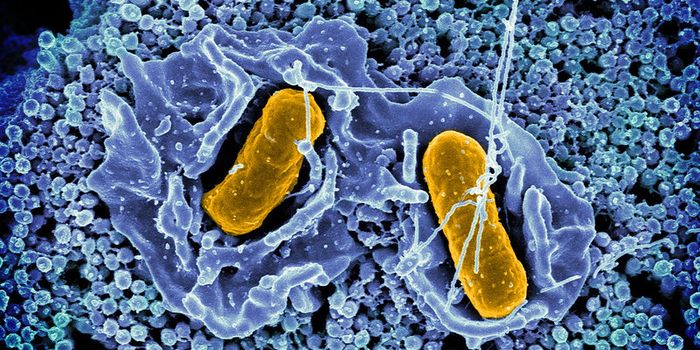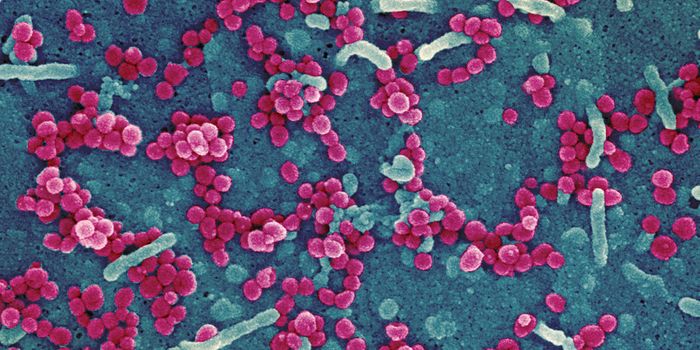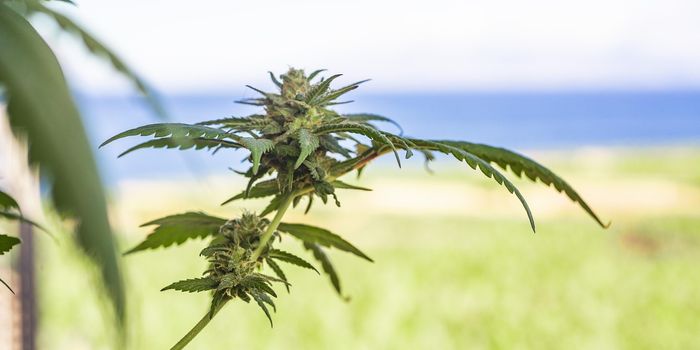Two or more cohabiting individuals are more likely to have similar immune systems compared to the rest of the human population. What scientists are calling “intrinsic drivers of immune variation” play a much bigger role than genetics in determining the content of the human immune system.
Researchers are now interested in investigating the factors that shape the diversity of human immune systems, this thanks to the increase of immune phenotyping studies conducted in large groups of people that provide enough information for scientists to realize the overwhelming role of personal history and environment in an individual’s immune content. Scientists are focusing largely on age, but shared qualities like air quality, food, stress levels, sleep patterns, and lifestyle choices also appear to have a strong combined effect on individual immune responses.
"In order to tinker with the immune code, we first need to really understand the influences that shape the immune system," said lead author Adrian Liston, PhD. "That's why it's actually great that environment is more important than genetics, because we can play with environment."
According to a new review published in
Trends in Immunology, personal history and environment account for nearly 60 to 80 percent of the differences between individual immune system, and genetics is responsible for the remaining 20 to 40 percent.
“We're shifting away from the simplistic idea that there is only one type of immune system," Liston said. "Diversity isn't just programmed into our genes; it emerges from how our genes respond to the environment."
Prolonged interactions between microbes and the immune system are triggered by long-term infections that affect many people. The immune system in these chronically-ill individuals becomes more sensitive to the pathogens that are present long-term but less sensitive to other, less familiar pathogens. For people who do not experience any long-term infections, their immune systems stay mostly stable.
The story changes as individuals grow older. With age, the thymus gradually stops producing T cells, making elderly people more prone to sickness and less likely to respond to vaccines like they did when they were younger. Also, according to co-author Michelle Linterman, “a lot of diseases that [are associated] with aging have an inflammatory component, which suggests there is likely immune involvement.”
How would changing an individual’s environment affect their immune system and their long-term health? This is an important question on the minds of many immunologists, and Liston is ready to conduct studies that might provide a solution or two.
Source:
Flanders Interuniversity Institute for Biotechnology









